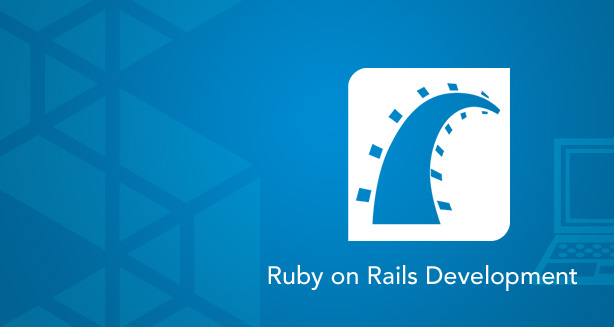There are tremendous technologies flooding into the market where high competition makes it a tough chore to use the right resources and platform. As per the perspective of a developer and business owner, the technology you opt must sustain for long and should give you high return on investment.
The list goes well with the Ruby on Rails Web Development and PHP due to the inherent traits which they carry. While PHP is a programming language, Ruby on Rails is a web framework. So, the comparison does not seem fair enough. Ruby is the language that works for Ruby on Rails framework whereas PHP language is used to write applications. Ruby on Rails can be compared to the different PHP frameworks such as Laravel, CodeIgniter, Symfony2, Zend and CakePHP.

When it comes to discussing the pros and cons of both these big names, there are multiple variations. If businesses think to hire a PHP developer, few complexities may occur. This is because the developers will probably create a new PHP framework instead of using available framework. On the other hand, Ruby on Rails simplifies the learning process by following the conventions over configuration.
Let’s learn more about both of them-
1. In terms of maintenance, a web framework wins the race with less overhead of maintenance. As PHP holds a large selection of frameworks, Ruby has a limited count of frameworks other than Ruby on Rails.
2. Ruby on Rails supports rapid application development along with scaffolding. Similar to this, PHP CodeIgniter also allows quick deployment while FuelPHP stands in parallel as Ruby on Rails scaffolding.
3. PHP has far more online resources as in comparison to Ruby on Rails. Both communities also run definitive guides to give right direction.
No matter what your business type is, it is all about which technology you are using to shape your website. You can hire a WordPress developer for a blogging kind of basic website or pick HTML for interactive features. The ultimate goal is to get the best of its kind for your brand website. So, go ahead and pick your preferred technology, PHP, HTML, Ruby on Rails or WordPress.


 Log in with Facebook
Log in with Facebook 







